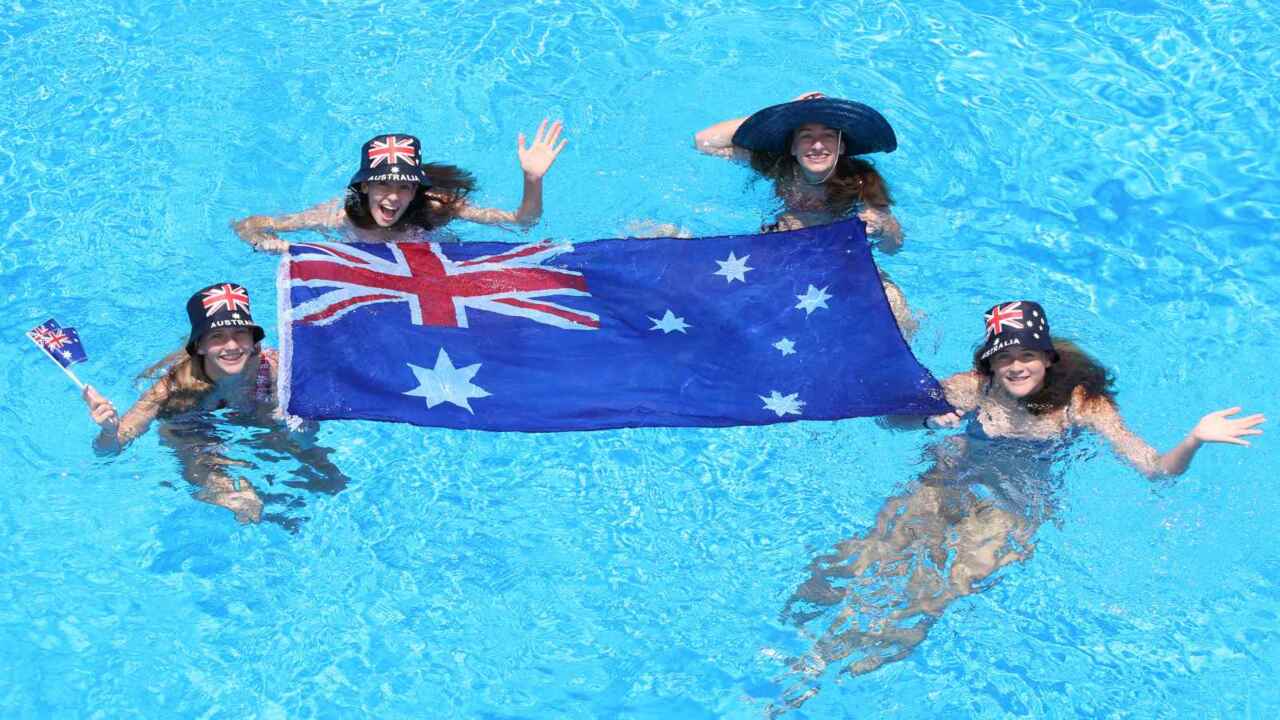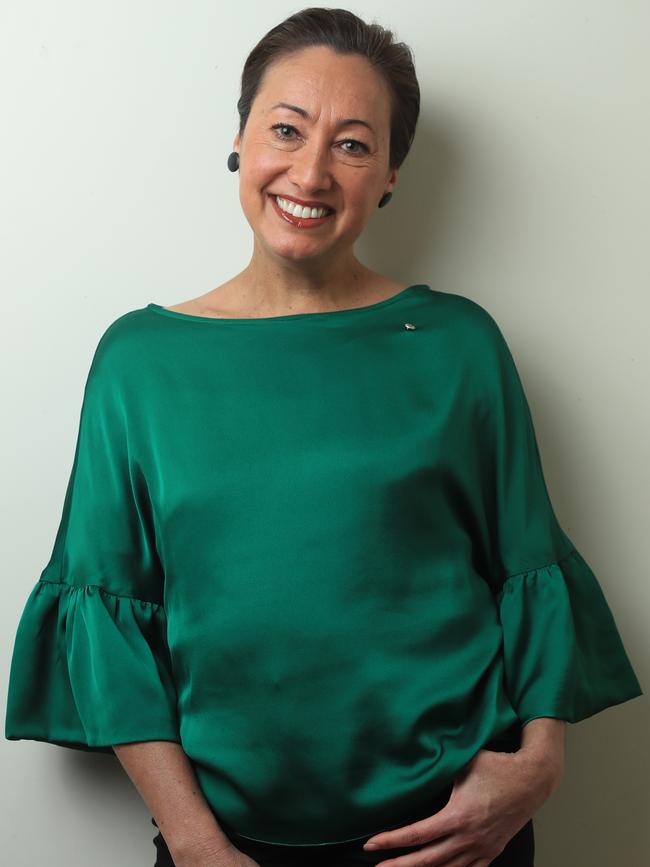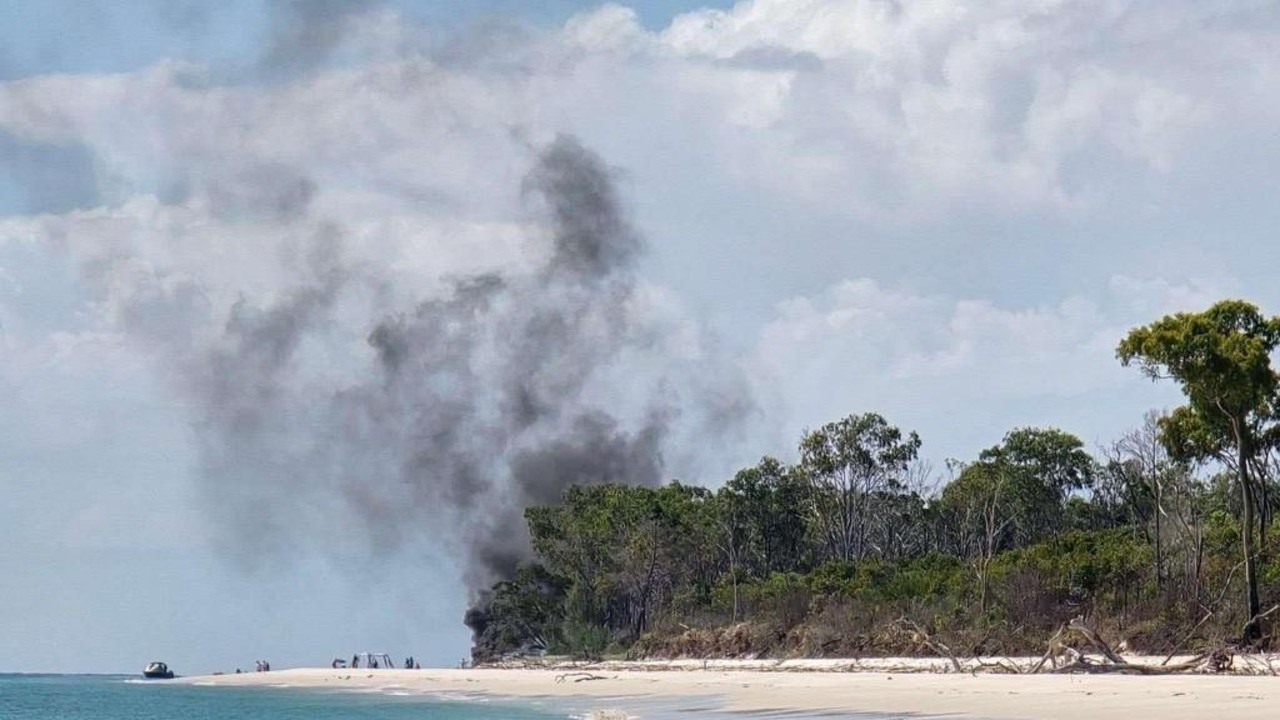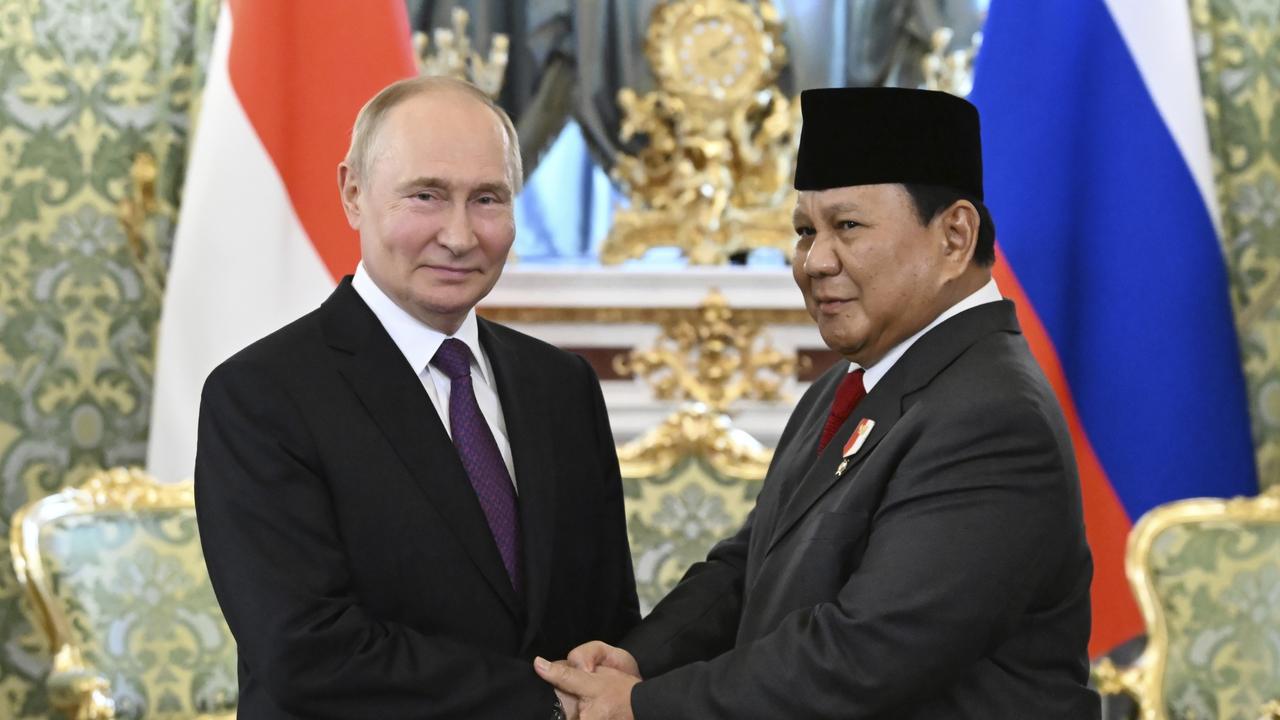Australia Day debate continues as workers choose their own date
Australia Day is being contested as firms offer staff an option to work through the public holiday and choose another date to take off.

On Wednesday, Shelley Reys, a partner and board member at the big professional services firm KPMG, will join friends for a Survival Day lunch.
The proud Djiribul woman will celebrate the resilience of First Nations people rather than join other KPMG staff who will work through Australia Day, swapping out a public holiday whose date continues to be contested.
But the night before, the former vice chairwoman of the National Australia Day Council will be glued to television to watch the Australian of the Year awards.
Ms Reys’ approach to Australia Day reflects the complexity of the day for Indigenous and non-Indigenous Australians. Her firm is one of several to tell staff they can swap Australia Day for another day in a move that some see as an opportunity to protest the January 26 date chosen for the national day.
The “floating public holiday” policies adopted by firms including KPMG’s rivals Deloitte and PwC, Intrepid Travel, the Victorian Responsible Gambling Foundation and Environmental Justice Australia, allow people to choose dates that suit their cultural, religious or personal needs. But Australia Day is the most controversial.
KPMG says it’s not sure how many of its 9000 employees will opt to work on Wednesday – and many, of course, will work from home – but Ms Reys notes many who will swap the date are not Aboriginal.

“It’s really fascinating to me what that tells us about the reconciliation journey,” she says, noting that the debate is no longer limited to First Nations voices and Survival Day events are “incredibly popular and just as popular with non-Indigenous people”.
After her nine year stint on the NADC, Ms Reys is a huge supporter of what it has done to recognise First Nations people and culture in formal Australia Day celebrations.
“We’ve made remarkable progress in making Australia Day celebrations inclusive,” she said. “You only need to look at the award ceremonies and the activities to see the very strong inclusion of First Nations perspectives and peoples. We’re already there in the effort to be inclusive.”
Even so, she wants to see a new date because “the day will continue to be the main distraction and I think that we can and should find an alternative”.
She says there’s often confusion about the goals of those wanting change.
Says Reys: “For example, if someone wants to find an alternative date, some people feel they’re been labelled as (un) Australian or unpatriotic. Or it seems the person who wants to potentially change the date also would potentially want to change the flag, that the person who wants to change the day doesn’t want to celebrate Australia’s nationhood and what makes us great.
“All of those things are completely untrue, and a complete distraction.
“On January 26 as I go to my survival lunch I will be celebrating being Australian. I don’t know a single Indigenous person who isn’t a proud Australian.”
But she says: “I don’t know many Indigenous people going to formal Australia Day events. But that’s the same for a lot of my non-Indigenous friends.”
The Assistant Minister to the Prime Minister, Ben Morton, ruled out moving the date, saying: “Australia’s history can’t be forgotten, erased or moved. And you don’t move national days that mean so much to so many for different reasons. You do them better and make them more inclusive of all our stories.
“Debates about our past too often involve shouting, yelling, and protesting, rather than listening and learning from one another, and broadening our understanding of who we are as a nation.
“Polls show the vast majority of people support Australia Day on January 26. They don’t want to be divided, they want to be united.
“As my parliamentary colleague Linda Burney, Labor’s shadow minister Indigenous Australians, has said, ‘We don’t need to change the date, we just need to change the way we observe the day’.
“And it’s a day to celebrate together and celebrate being Australian, because we’re all part of the story of Australia.”




To join the conversation, please log in. Don't have an account? Register
Join the conversation, you are commenting as Logout